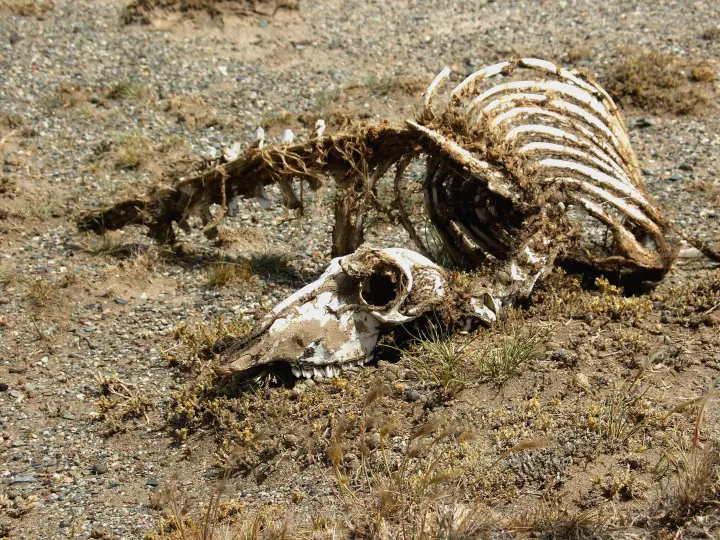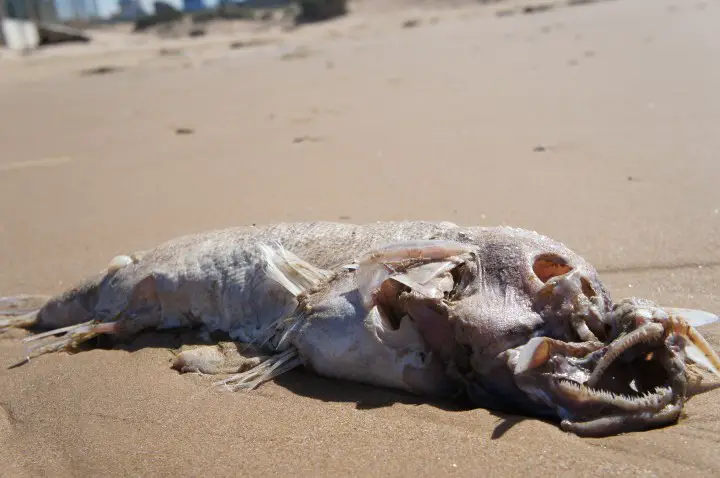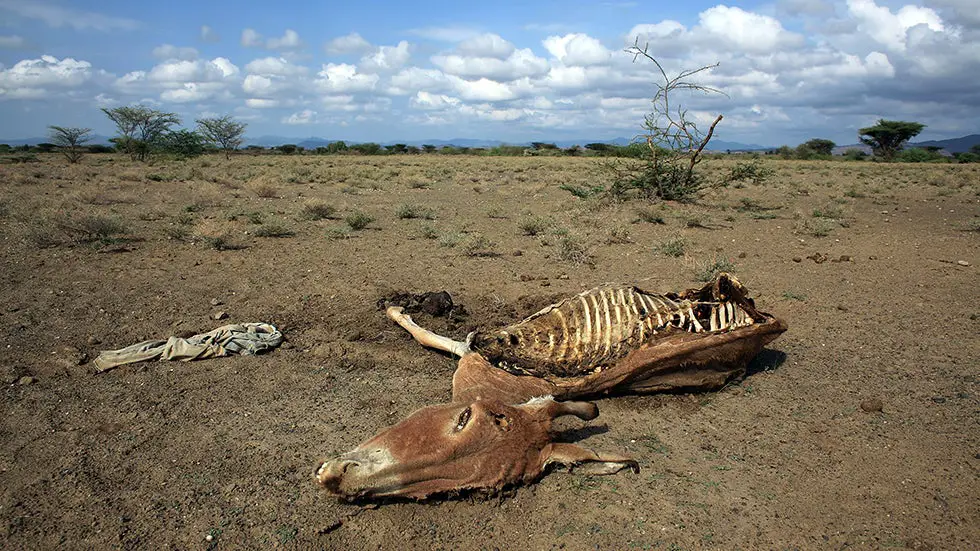The length of time it takes for an animal to decompose can vary depending on several factors but in general the decomposition process can take anywhere from several weeks to several years depending on the size of the animal, the environment it is in, and the presence of scavengers.
When an animal dies, it begins a natural process of decomposition. This process involves the breakdown of tissues and organs by bacteria and other organisms. The speed of decomposition depends on various factors, including the type of animal, environmental conditions, and scavenger activity. In this article, we will explore the different stages of animal decomposition and how long it takes for an animal to decompose under different circumstances.
What is Decomposition?
Decomposition is the process by which organic matter breaks down into simpler forms of matter. This process is driven by microorganisms such as bacteria and fungi, which feed on the organic matter and release nutrients back into the environment. In the case of animal decomposition, the microorganisms responsible for breaking down the body are known as decomposers.
How Long Does It Take For An Animal To Decompose?
The time it takes for an animal to decompose can range from a few weeks to several years. Smaller animals such as birds and rodents can decompose within a few weeks, while larger animals such as cows and horses can take several months to a year to decompose fully.
The decomposition process can be divided into two stages, namely autolysis, and putrefaction. Autolysis is the breakdown of cells and tissues by enzymes that are naturally present in the body. This process starts immediately after an animal dies and can last for several days. Putrefaction, on the other hand, is the process where bacteria and other microorganisms break down the remaining tissue and organs. This process can last for several months or even years, depending on the conditions.
Stages of Animal Decomposition

Fresh Stage
When an animal dies, it enters the fresh stage of decomposition. During this stage, the body undergoes several changes. The first change is called rigor mortis, which is the stiffening of the muscles due to the depletion of ATP. After rigor mortis sets in, the body begins to cool down, which is known as algor mortis. During this stage, the body temperature drops to the surrounding temperature.
Bloat Stage
After the fresh stage, the body enters the bloat stage, which usually occurs within the first two days after death. During this stage, bacteria in the intestines produce gases, which cause the body to bloat and become disfigured. The gases also cause the body to float in water.
Active Decay Stage
The next stage is the active decay stage, which typically occurs after three to five days. During this stage, the body begins to break down rapidly, and the skin may start to slip off the bones. This is due to the breakdown of the connective tissue that holds the skin to the muscles.
Advanced Decay Stage
After the active decay stage, the body enters the advanced decay stage, which occurs after several weeks. During this stage, the remaining tissues and organs continue to break down, and the body becomes mostly skeletonized.
Dry Stage
Finally, the body enters the dry stage, which can take several months to years to complete. During this stage, the remaining soft tissues dry out and are consumed by insects and other organisms. The bones then begin to break down and eventually turn into dust.
Factors Affecting Decomposition
Several factors can affect the time it takes for an animal to decompose fully. Let’s take a look at some of these factors below.
Size of the Animal
The size of the animal can have a significant impact on the time it takes to decompose. Larger animals have more tissue and organs, which means that the decomposition process will take longer. For example, an elephant can take up to several years to decompose fully.
Temperature
Temperature is another factor that can affect the rate of decomposition. Higher temperatures can speed up the decomposition process, while colder temperatures can slow it down. This is why animals that die in colder climates may take longer to decompose.
Moisture
The presence of moisture can also affect the rate of decomposition. Moisture provides a suitable environment for bacteria and other microorganisms to break down the organic matter. Dry conditions, on the other hand, can slow down the decomposition process.
Presence of Scavengers
Scavengers such as vultures, hyenas, and maggots can speed up the decomposition process by consuming the animal’s flesh. This can significantly reduce the time it takes for an animal to decompose fully.
Burial Depth
The depth at which an animal is buried can also affect the rate of decomposition. If an animal is buried shallowly, it may be exposed to scavengers and other elements that can speed up the decomposition process. Conversely, if an animal is buried deep, the lack of oxygen and moisture can slow down the decomposition process.
Decomposition Timeframes

The time it takes for an animal to decompose can vary widely depending on the factors mentioned above. In general, smaller animals decompose more quickly than larger animals. For example, a mouse may decompose in a matter of weeks, while a large animal such as an elephant may take several years to fully decompose.
In general, the following are rough estimates of how long it takes for different types of animals to decompose under normal environmental conditions:
- Small animals, such as mice or birds: a few weeks to a month
- Medium-sized animals, such as cats or small dogs: a few months
- Large animals, such as cows or horses: six months to a year
- Very large animals, such as elephants or whales: several years
Conclusion
The decomposition of an animal is a natural process that is affected by various factors, including environmental conditions and scavenger activity. While the exact time it takes for an animal to decompose can vary widely, understanding the different stages of decomposition and the factors that affect it can provide insight into this fascinating natural process.
References:
- https://australian.museum/learn/science/stages-of-decomposition/
- https://dogleashpro.com/dog-care/dog-health/how-long-does-it-take-for-dog-to-decompose/

I’m Christopher Benjamin, a dedicated Animal Nutritionist at Ethos Veterinary Health with a Bachelor of Science in Animal Science from Michigan State University. My lifelong passion for animals led me to establish AnimalsData.Com. Here, I share expert advice, educational resources, and inspiring stories to empower fellow pet lovers worldwide. Join our community as we celebrate the beauty and diversity of our beloved animal companions!

